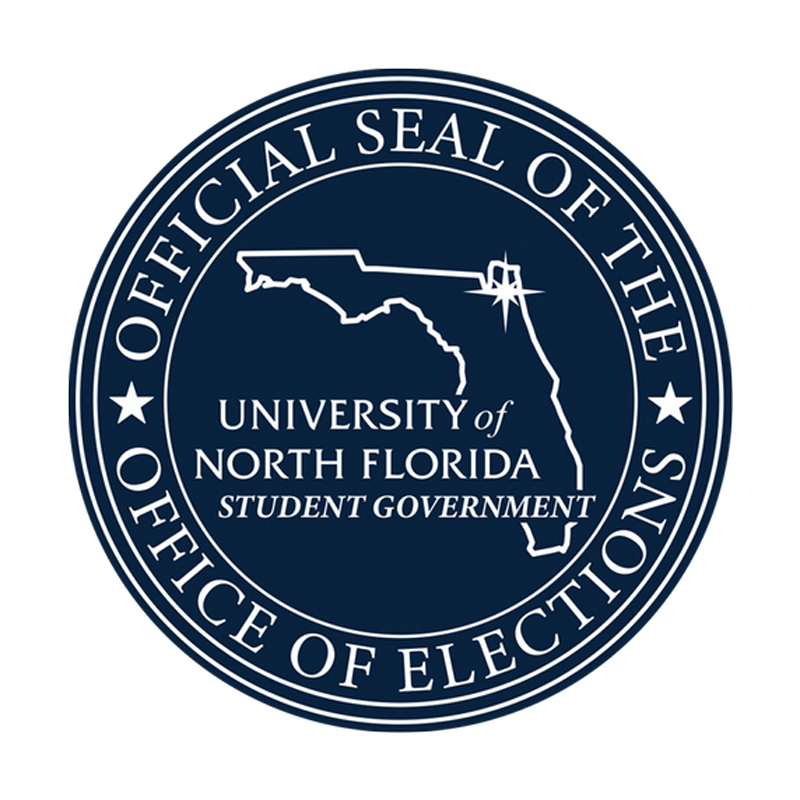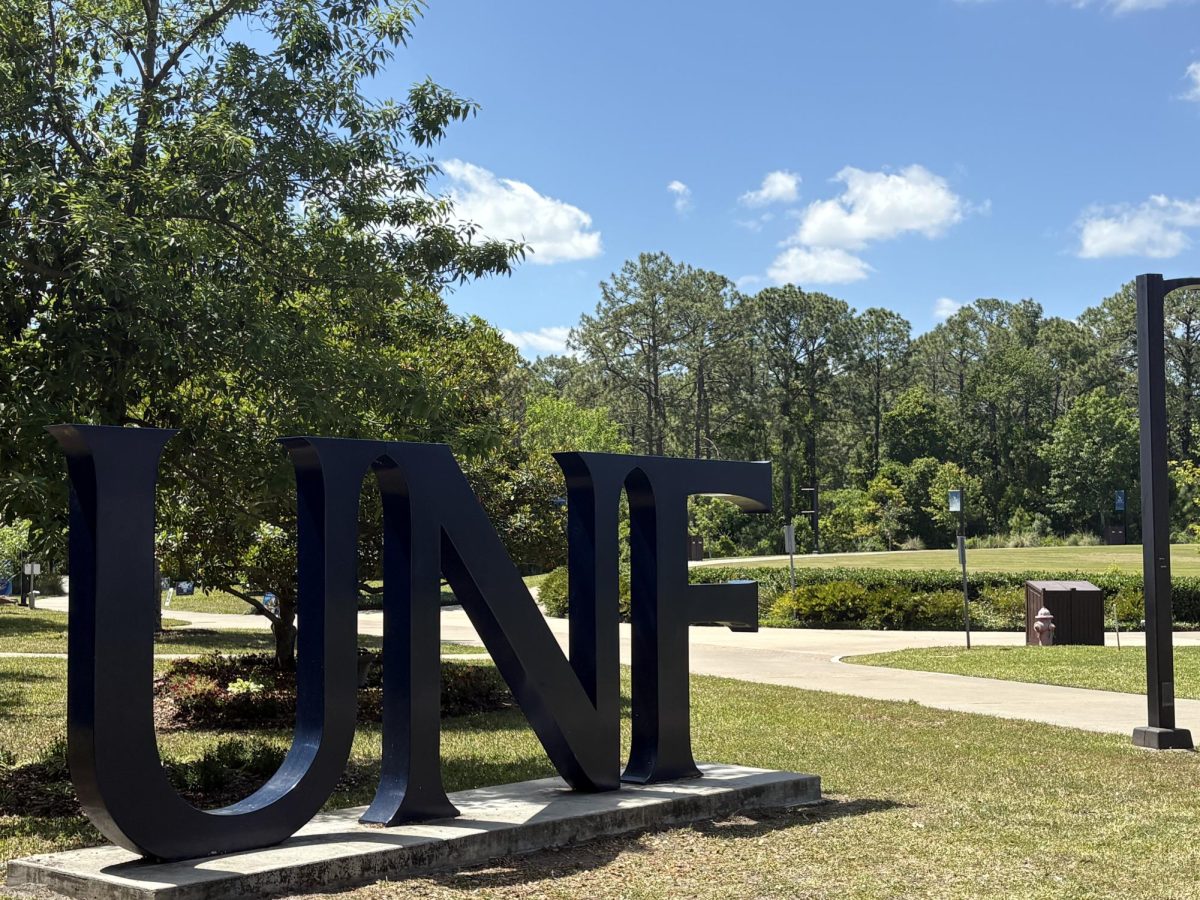By Christen Hancock and Danae Leake
In a June report analyzing Florida state universities’ First Amendment policies, UNF was among six institutions labelled Red Light schools.
The American Council of Trustees and Alumni (ACTA) conducted the ‘Florida Rising’ report with the James Madison Institute.

A definition under the Non-Discrimination, Equal Opportunity and Diversity Regulation at UNF was highlighted for being potentially dangerous to free speech.
According to the report, “The discrimination policy [is] still in place at the University of North Florida, where students, faculty, and staff may be disciplined based on their unintentional acts.”
UNF’s Associate General Counsel Marcus L. “Marc” Snow said, “[Unintentional discrimination is] where there’s no discriminatory intent … but by happenstance there is a discriminatory impact on others.”
He said these impactful acts would typically be found if there was a lack of equal representation in university workplaces, clubs and/or committees.
“For example, if a job announcement was written in such a way that we only received applications from a certain gender or age … [the announcement] would be something we’d have to revise,” Snow said.
“Because it’s such a seldom case, the policy is an extra tool, but we do update this as often as needed to meet legal requirements,” he said when asked if the policy could be up for revision again.
Professor Seabrook, a UNF assistant professor of political science, said unclear language in discriminatory harassment policies can raise first amendment problems.
He said problems can arise if this regulation is applied to content of speech rather than action.
Seabrook gave a hypothetical scenario where discrimination may be determined based on speech content:
In a gender studies class where the lecture topic is ‘Women in the Workplace’, a male student says women should live in domesticity. In doing this, he offends a female student.
If the policy is applied only on speech content rather than conduct, there is a high chance of violating male students’ first amendment rights.
“The Supreme Court has said that government cannot single out certain speech because of its content for punishment or regulation while not regulating other speech.”
Seabrook said the Board of Trustees carefully worded UNF’s discrimination policy so it is a clear definition of discrimination that does not violate the First Amendment.
Email Christen Hancock at reporter12@unfspinnaker.com










